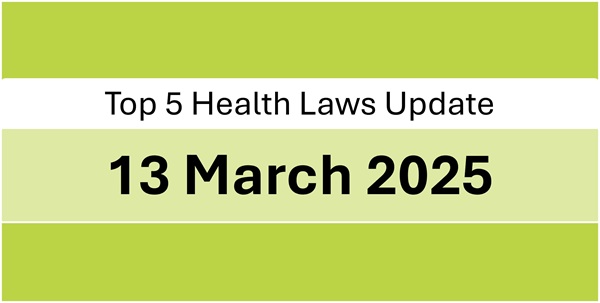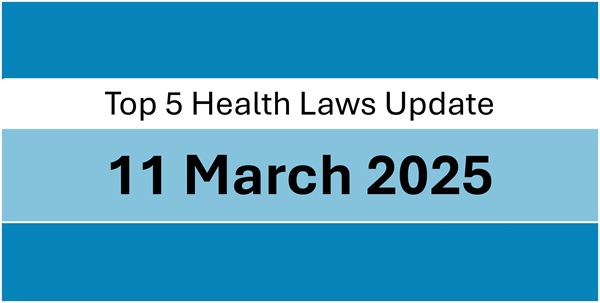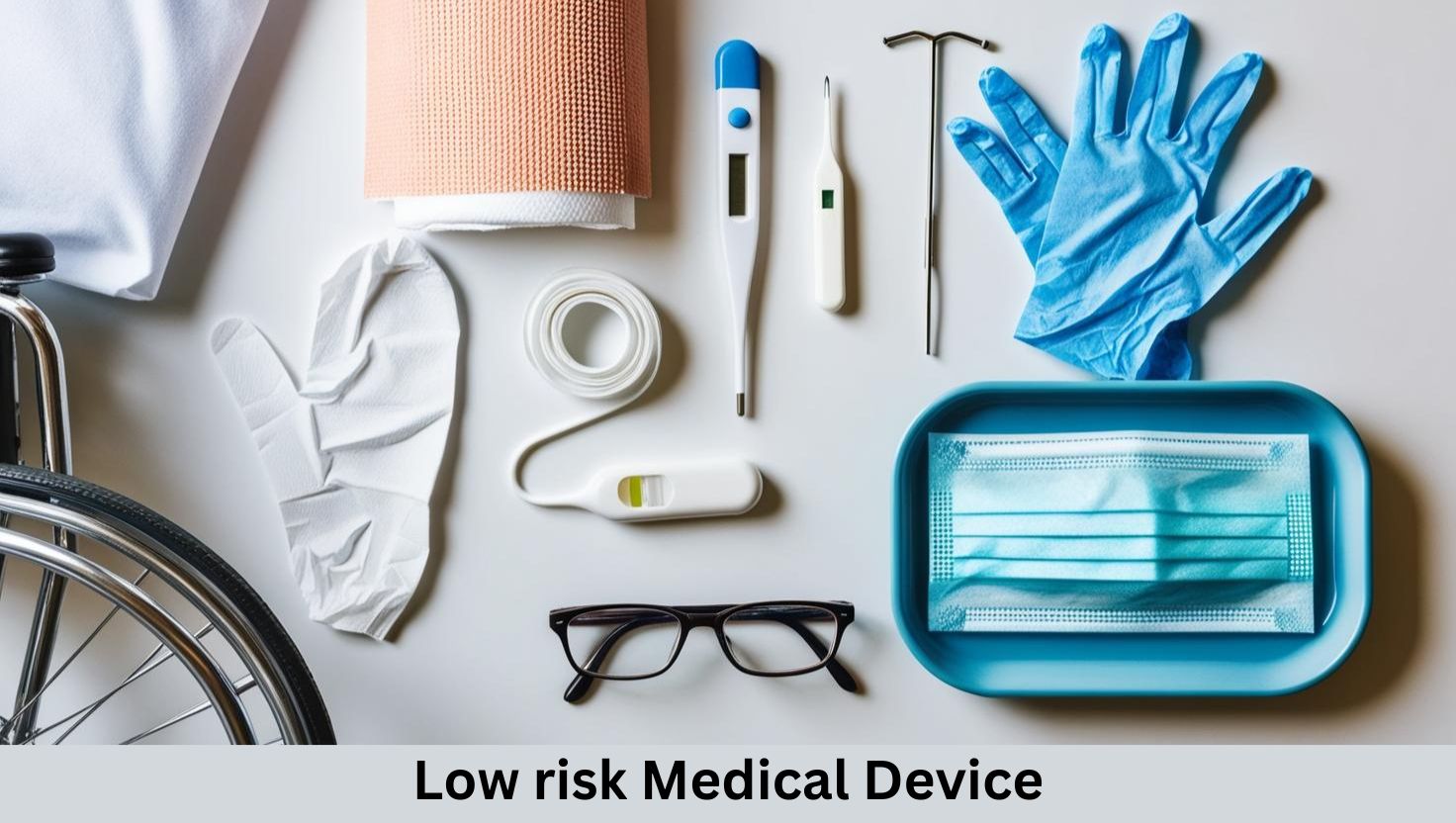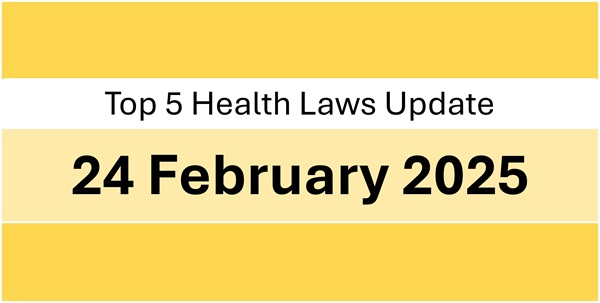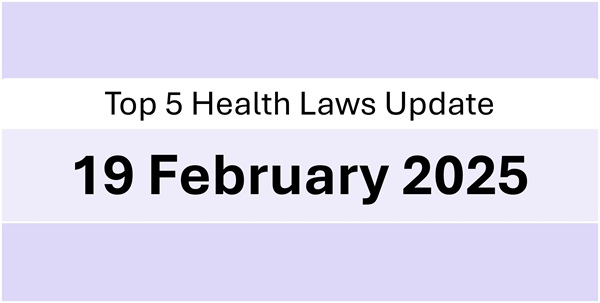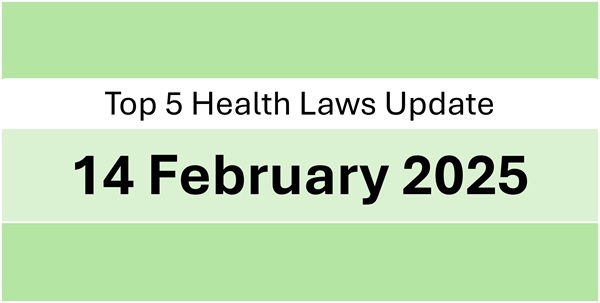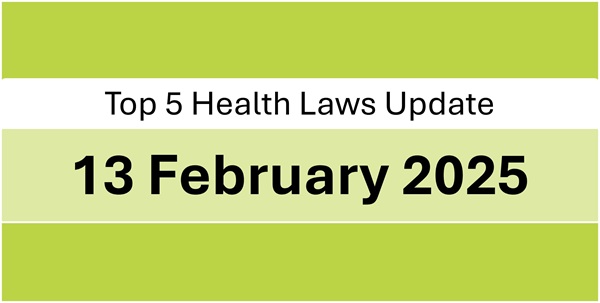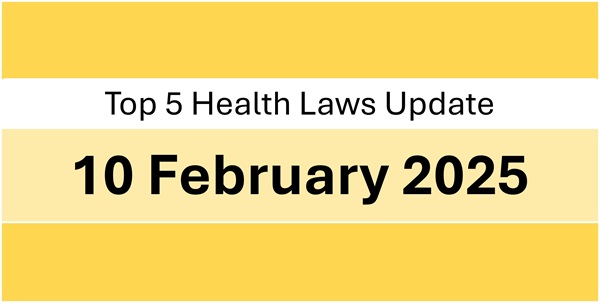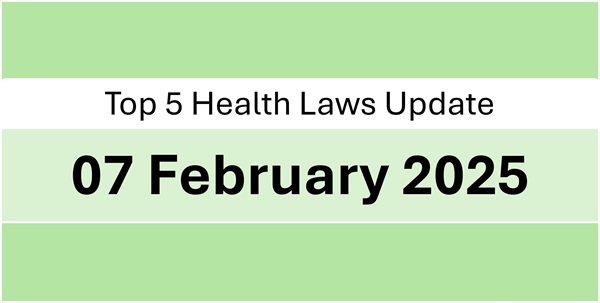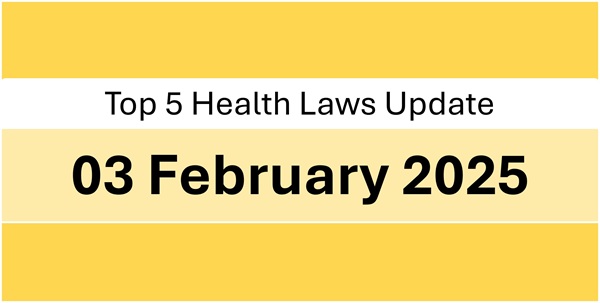Dear Readers, we are happy to share the most interesting legal and policy updates concerning health industry that we read today. we hope you enjoy reading it.
1. A medical device company has received compensation calculated at 25% of sales generated by a counterfeiting entity. The Court opined that 25% was a conservative profit margin for awarding damages. The Court has additionally awarded exemplary damages to punish the counterfeiting entity.
Source: bit.ly/4kHWYhn
2. The Indian Pharmaceutical Alliance (IPA) has reportedly questioned the authenticity of an US study linking India-made generic medicines to higher rates of serious adverse events (SAEs) calling the claims unfounded. IPA highlighted that Indian manufacturing facilities undergo stringent inspections by regulators like the FDA, and lower costs are due to production efficiencies, not compromised quality.
Source: bit.ly/4kEqkx8
3. The Indian government is reportedly considering exemption of health and life insurance premiums from the current 18% GST. The GST Council has sought input from the Insurance Regulatory and Development Authority of India (IRDAI), with the industry advocating for a reduction to 12% instead of a complete exemption or lower rate (5%), to be able to claim Input Tax Credit (ITC) on taxes paid for business operations.
Source: bit.ly/3Fu3dFx
4. India’s Health Ministry has reportedly directed the Drug Controller General of India (DCGI) to focusing on eliminating poor-quality medicines, supporting small pharma manufacturers (MSMEs), and refining medical device regulations. The move is aimed at enhancing global trust in Indian medical products and exports.
Source: bit.ly/3DHeK3J
5. The Director General of Foreign Trade (DGFT) has invited comments on proposed changes to export policy for Special Chemicals, Organisms, Materials, Equipment and Technologies (SCOMET), which seek to fast-track grant of approval. SCOMET goods typically face strict export controls.
Source: bit.ly/3Fr2Uva

